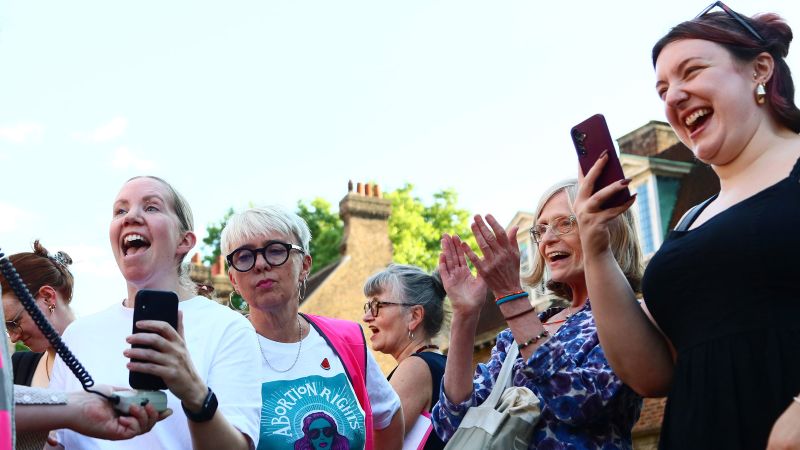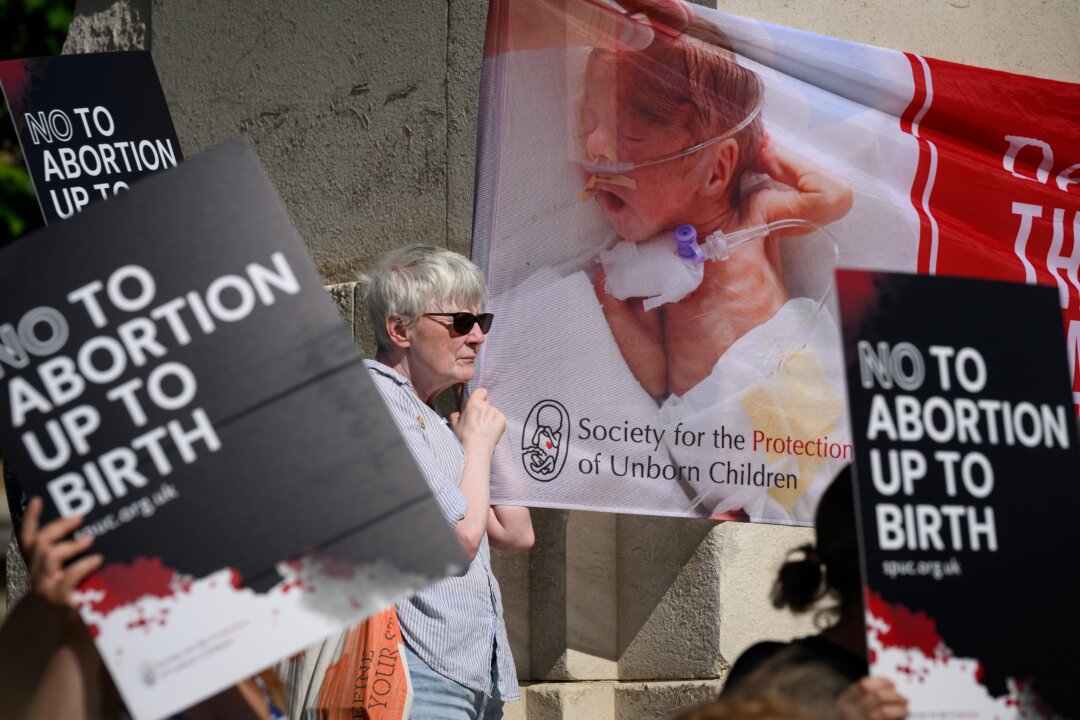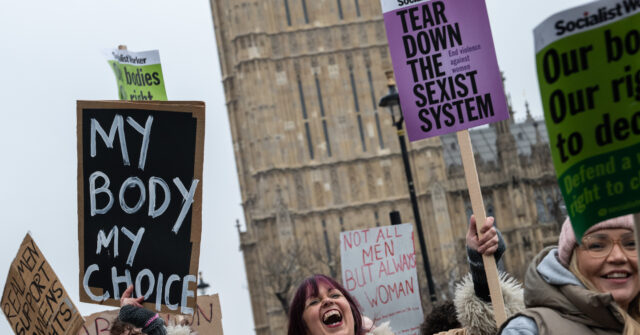UK Lawmakers Vote to Decriminalize Abortion in England and Wales
British Parliament votes to decriminalize abortion, addressing concerns over women's prosecution and late-term procedures, amidst opposition from anti-abortion groups.

British lawmakers vote to decriminalize abortion for pregnant women while America cracks down

U.K. parliament poised to decriminalize abortion in England and Wales as crime bill amendment passes easily

British Lawmakers Vote to Decriminalise Abortion at Any Point Until Birth

British Lawmakers Vote to Decriminalise Abortion Up Until Birth
Overview
The UK House of Commons voted 379 to 137 to decriminalize abortion, allowing women to terminate pregnancies without fear of prosecution.
The amendment aims to update outdated laws and prevent criminal investigations into women seeking abortions, addressing recent concerns.
Current law permits abortions up to 24 weeks, with potential extensions under special circumstances, reflecting a shift towards women's rights.
Opposition from anti-abortion groups highlights fears of unrestricted access to abortion at any stage of pregnancy, raising ethical debates.
The bill must pass through both chambers of Parliament, including the House of Lords, before becoming law, marking a significant legislative change.
Analysis
FAQ
The amendment was part of a broader crime bill and aimed to prevent women from being prosecuted under the Offences Against the Person Act 1861 for ending pregnancies, regardless of the gestational age. It was introduced by Labour MP Tonia Antoniazzi.
Currently, abortions are legally permitted up to 24 weeks in England, Scotland, and Wales, with potential extensions under special circumstances. Northern Ireland decriminalized abortion in 2019, and Scotland's abortion law was devolved in 2016. The UK Parliament's vote aims to further protect women from prosecution.
The bill must be passed by the House of Commons and then proceed to the House of Lords, where it can be delayed but not blocked. The opposition primarily comes from anti-abortion groups, who fear unrestricted access to abortion might result from the change.
